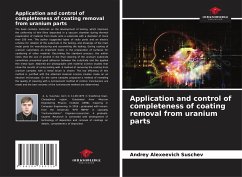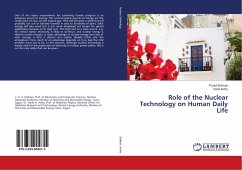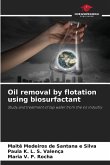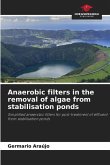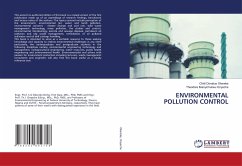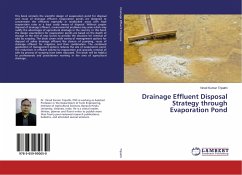The book contains materials on the development of tooling, which improves the uniformity of thin films deposited in a vacuum chamber during thermal evaporation of material from boats onto a substrate with a diameter of more than 100 mm. The author suggested types of radio parts and an electric scheme for rotation of the substrate in the tooling, and drawings of the main metal parts for manufacturing and assembling the tooling. During coating of uranium substrates an important factor is the preparation of surfaces for sputtering of other material. Describing the standard process, the author notes that the use of alcohol in the final cleaning of the uranium substrate sometimes prevented good adhesion between the substrate and the applied thin metal layer. Attached are photographs with material science studies that show the results of using tooling well. A method of removing the coating from uranium samples with a metal brush is shown. The low efficiency of this method is justified with the attached material science studies made on an electron microscope. On the same samples proposed a method of revealing the quality of cleaning with a luminescent method of control. Conclusions are made and the best variants of the luminescent method are determined.
Bitte wählen Sie Ihr Anliegen aus.
Rechnungen
Retourenschein anfordern
Bestellstatus
Storno

